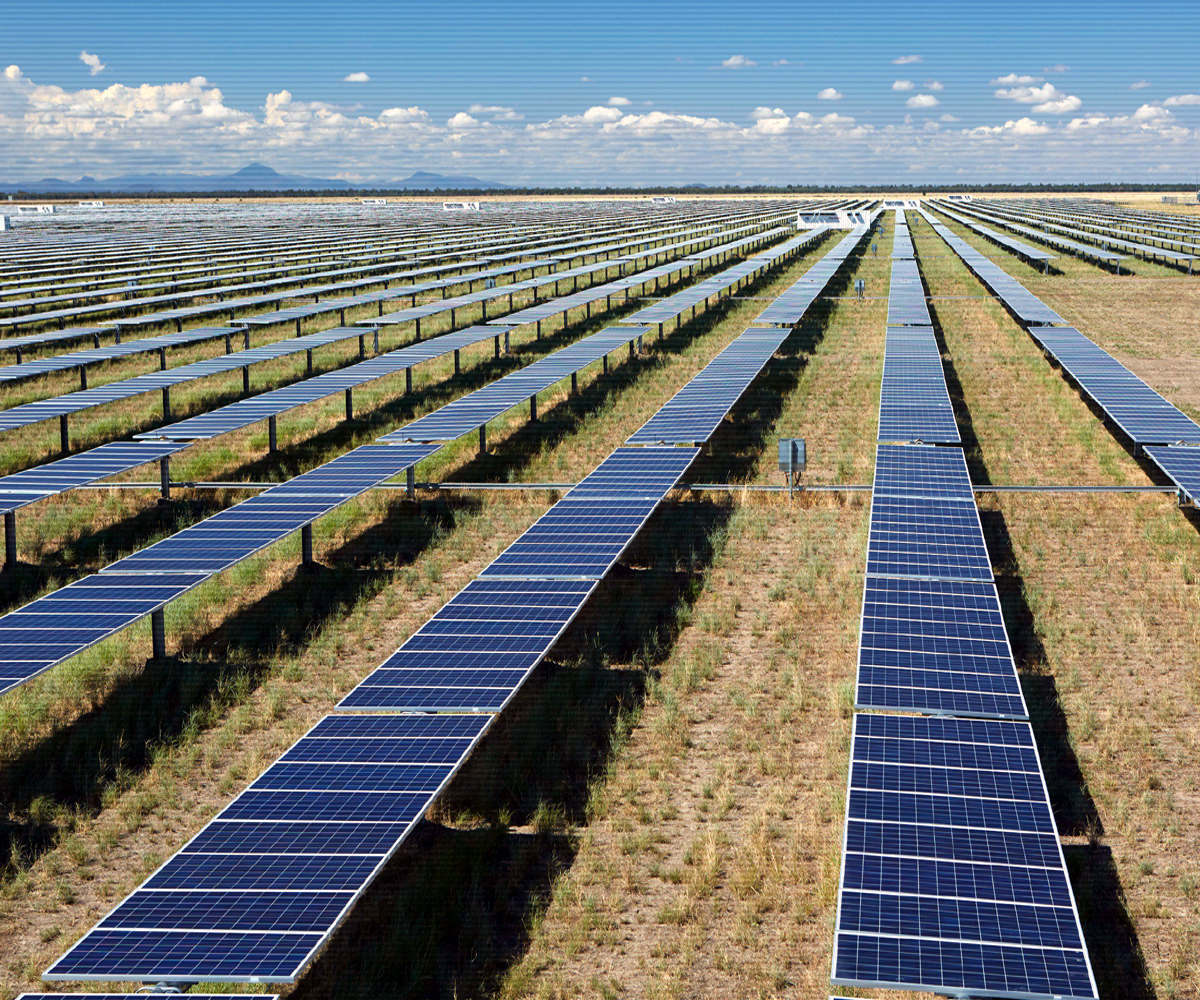Solar Farm
Because global commitments such as RE100 are gaining traction, most corporations today seek to obtain as much of their power as possible from renewable energy sources. While rooftop or distributed solar is a great way to get started, many of our clients need more space within their facilities to install a power plant to provide most of their energy needs.
Grid-connected or ‘Open Access’ solar power from remote Solar Farms solves this issue by supplying up to 100 per cent of our client’s energy needs through the grid. Adobe India, one of our open-access clients, obtains all the energy it needs for its Bangalore facility from our solar farms in Karnataka.
For a business, sourcing renewable energy achieves the dual objectives of substantial electricity cost savings and progress towards sourcing 100 per cent renewable power. Open-access solar power is a popular power generation option that allows businesses like yours to meet all their electricity requirements at tariffs lower than the current grid electricity rates and with tariff certainty for the next 20 to 25 years.
Today we have an extensive network of private offsite open-access renewable energy farms across India, through which we supply large corporates with clean energy as per their requirements.
You can procure low-cost renewable energy using any of the below models.
Third-Party (Open Access)
Businesses like yours are considering renewable power over conventional power for many reasons. For industrial and commercial consumers, open access power translates into regular electricity supply at a lower cost, helping reduce their carbon footprint.

